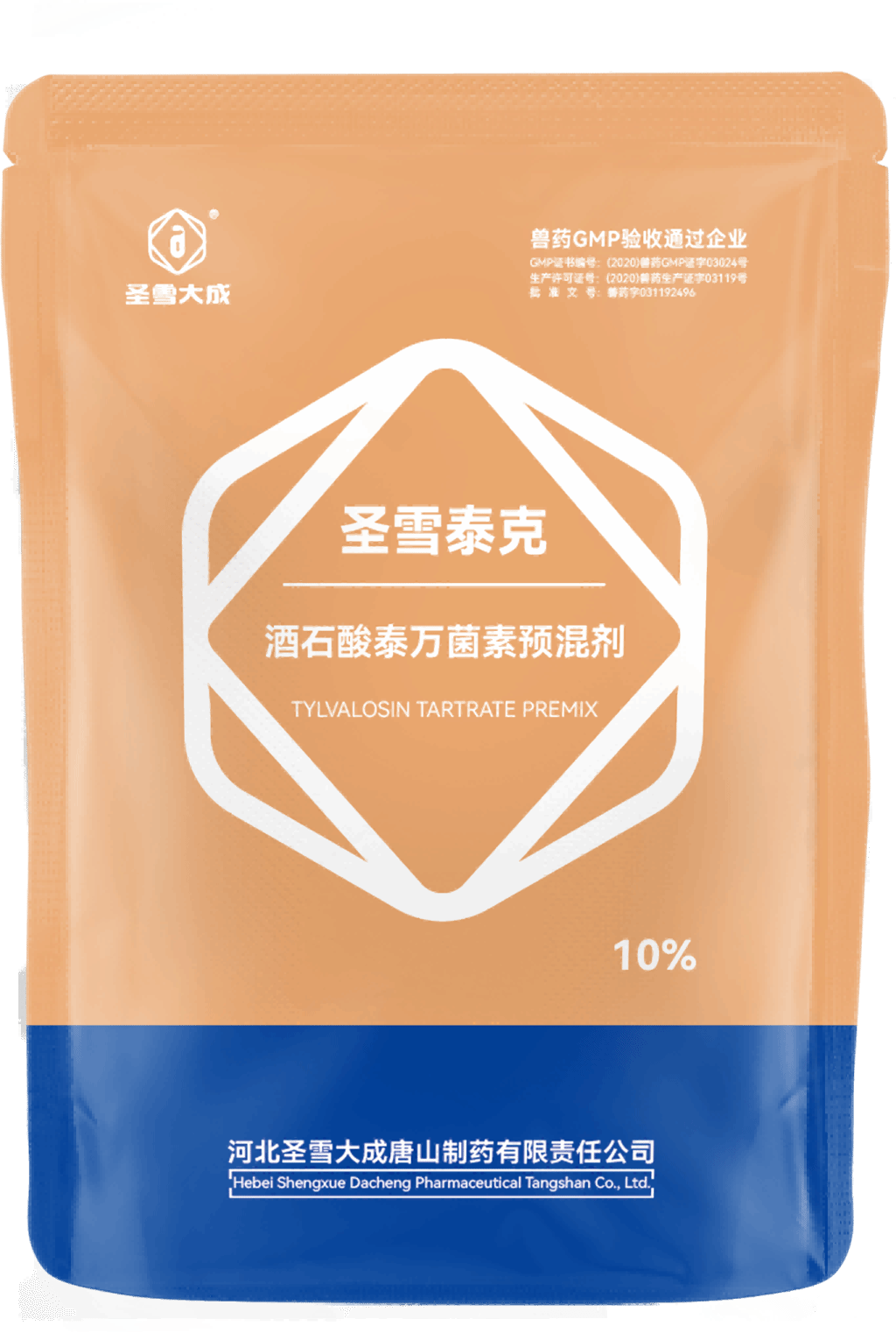Tel:+8618231198596

News
 CONTACT
CONTACT
 CONTACT
CONTACT
- Linkman:Linda Yao
- Tel: +8618231198596
- Email:linda.yao@dcpharma.cn
- Linkman:CHARLES.WANG
- Department:Overseas
- Tel: 0086 0311-85537378 0086 0311-85539701
News
Tylvalosin tartrate premix supports ethical farming practices by enhancing animal welfare.
TIME:2024-08-21
Introduction:
Ethical farming practices are increasingly important to consumers and producers alike. One aspect of ethical farming is the responsible use of antibiotics to ensure animal health and welfare. Tylvalosin tartrate, when used as a premix, plays a critical role in supporting ethical farming practices by enhancing animal welfare. This article explores how tylvalosin tartrate premix contributes to ethical farming practices.
Background on Tylvalosin Tartrate:
Tylvalosin tartrate is a macrolide antibiotic that is commonly used in veterinary medicine to prevent and treat respiratory diseases in livestock, particularly swine and poultry. It is effective against a wide range of pathogens, including Actinobacillus pleuropneumoniae and Pasteurella multocida, which are common causes of respiratory illness in these animals.
Role in Ethical Farming Practices:
1. Disease Prevention:
Preventing disease outbreaks is crucial for animal welfare. Tylvalosin tartrate, when included in the feed as a premix, can help reduce the incidence of respiratory diseases, which can cause significant distress and discomfort to animals. By preventing disease, farmers can minimize the need for therapeutic treatments, which can be stressful for the animals.
2. Reduced Antibiotic Use:
The responsible use of antibiotics is a key component of ethical farming. Tylvalosin tartrate, when used prophylactically as a premix, can reduce the need for higher doses of antibiotics or multiple antibiotic treatments. This approach supports the goal of minimizing antibiotic use, which is important for both animal welfare and public health.
3. Improved Livestock Health:
Healthy animals are less stressed and more productive, which is beneficial for both the animals and the farmers. Tylvalosin tartrate helps maintain the health of livestock, which can improve growth rates, feed efficiency, and overall productivity. Healthy animals also experience less pain and suffering, which is a fundamental aspect of animal welfare.
4. Humane Management:
The use of tylvalosin tartrate as a premix can support humane management practices. By preventing disease, farmers can avoid the need for invasive treatments that may cause stress and discomfort to the animals. Additionally, reducing the need for frequent handling and treatment can minimize stress and improve the overall well-being of the animals.
5. Transparency and Traceability:
Ethical farming practices often involve transparency and traceability in the supply chain. The use of tylvalosin tartrate premix can be documented and tracked, providing assurance to consumers that the animals were raised under humane conditions and that antibiotics were used responsibly.
Conclusion:
Tylvalosin tartrate, when used as a premix, supports ethical farming practices by enhancing animal welfare. By preventing disease, reducing the need for antibiotics, improving livestock health, supporting humane management, and facilitating transparency and traceability, tylvalosin tartrate plays a vital role in promoting ethical and sustainable livestock production. As consumers increasingly seek ethically sourced products, the responsible use of tylvalosin tartrate premix can help farmers meet these demands while ensuring the health and well-being of their animals.
- Tel:+8618231198596
- Whatsapp:18231198596
- Chat With Skype







